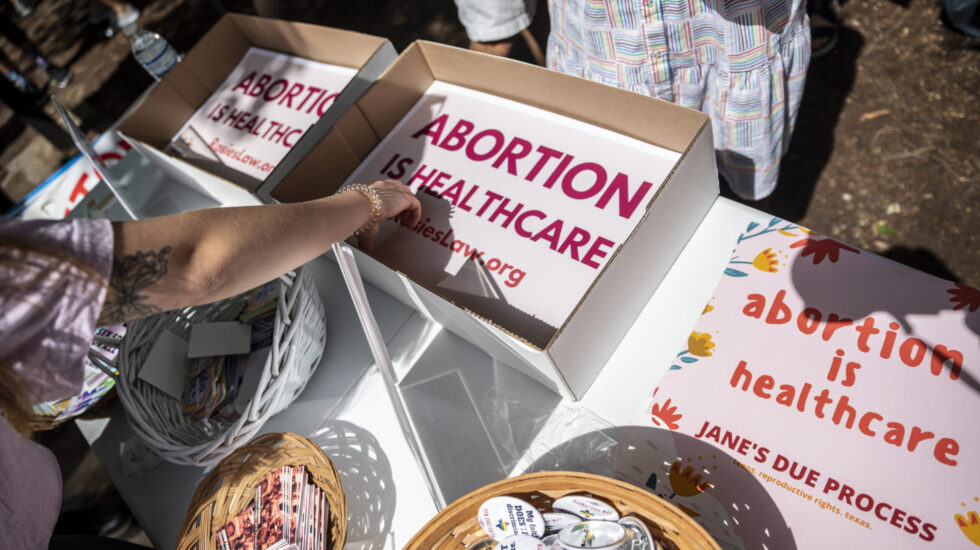Fifty-four percent of abortions in 2020 were induced by medication, the first year a pharmaceutical method accounted for the majority of abortions, according to The Guttmacher Institute, a reproductive health research organization.
In 2017, just 39% of abortions were induced by medication.
The 19th, a news outlet focused on gender and politics, adds key analysis:
The shift comes at a pivotal moment for abortion access. The Food and Drug Administration has recently taken steps to make medication abortions more available, including allowing doctors to prescribe the pills through telemedicine, meaning they can be mailed to a patient without an in-person visit. The change, long advocated by medical experts, could dramatically expand access to the procedure, especially for patients who live far from a doctor’s office.
But at the same time, the U.S. Supreme Court is weighing one of the greatest challenges to abortion rights in decades: a case that many experts believe could be used to undo some or all of the abortion rights protection created by the 1973 case known as Roe v. Wade. A decision is expected this summer. If Roe is completely overturned, states could have the power to ban abortion entirely. Even a partial weakening could allow states to further restrict access to the procedure. And in anticipation, some Republican-led states are working to pass new abortion bans and to limit access to medication abortion in particular.
Guttmacher highlights several state-level efforts to curb medication abortions:
- In 32 states, clinicians who administer medication abortion are required to be physicians, even though medical professionals with different titles and specialties are otherwise allowed to prescribe medications, oversee treatments and manage patients’ health.
- This is an effort to limit the availability of medication abortion, which particularly affects patients in rural or underserved areas where there may not be consistent access to a physician.
- Texas prohibits the use of medication abortion starting at seven weeks of pregnancy, which is a politically determined limits at odds with current medical guidance. Indiana bans its use at 10 weeks, which corresponds to current FDA guidance, but prevents expanded access in the future.
- In 19 states, the clinician providing a medication abortion must be physically present when the medication is administered, thereby prohibiting the use of telemedicine to prescribe medication for abortion.
In order to combat anti-abortion laws, Guttmacher advocates for the passage of federal legislation:
The Women’s Health Protection Act is federal legislation that would protect access to abortion—whether someone lives in California or Texas—by establishing a right under federal law to deliver and receive abortion care without medically unnecessary restrictions and bans, including restrictions on the use of telehealth for medication abortion.
